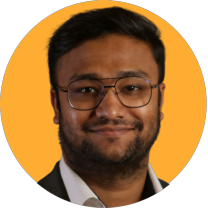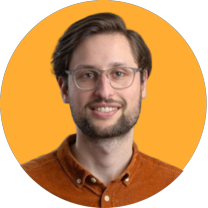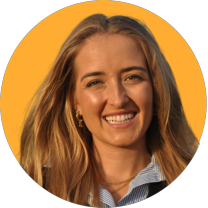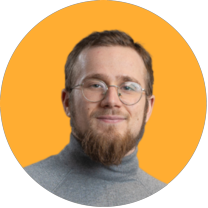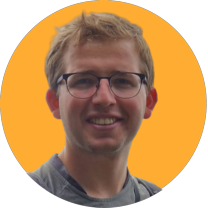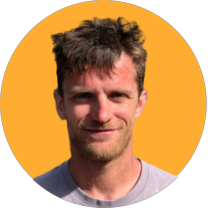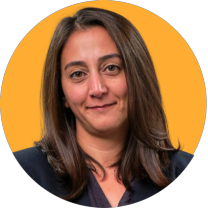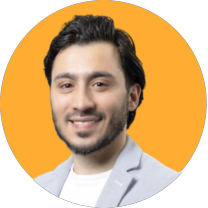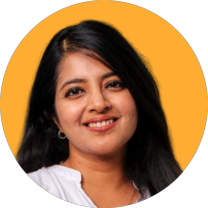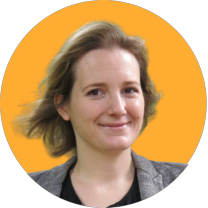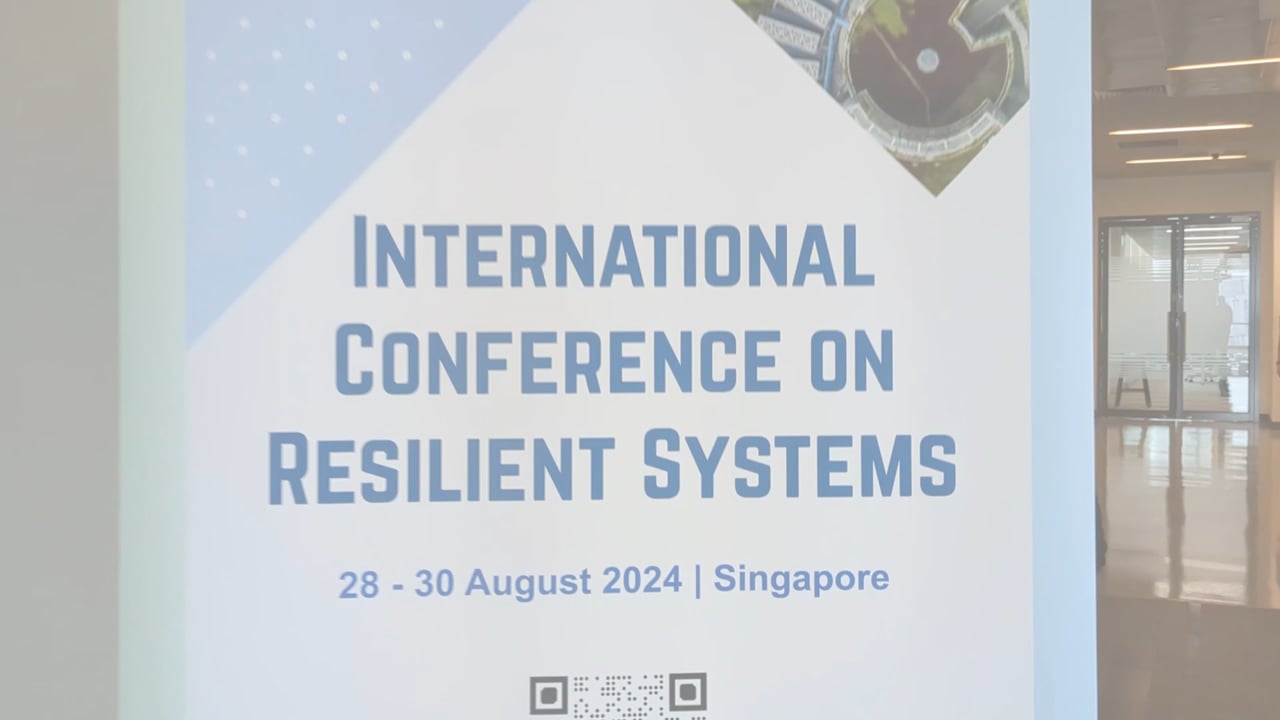We are excited to announce a dynamic delegation of 4TU. resilience researchers attending the International Conference on Resilience Science (ICRS) in Singapore this August. The diverse expertise of our delegation spans flood resilience, community and infrastructure resilience, urban resilience, simulation modelling, data-driven methods, disaster resilience, community and health care system resilience, and more.
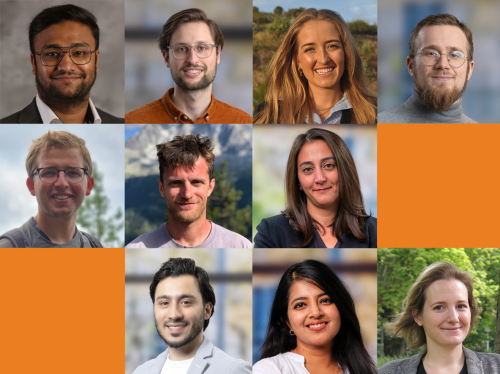
Visit our LinkedIn page to view the individual contributions of experiences during the ICRS 2024 conference.
Max de Vries made a video reporting his experiences:
Visit the conference website for the programme and more information.
The next International Conference on Resilient Systems will take place from 23 to 25 March 2026. The 4TU.Centre for Resilience Engineering will host the conference in Delft, the Netherlands.
Organising Partners
The 4TU Centre for Resilience Engineering organizes the ICRS 2024 together with:
The Singapore-ETH Centre (SEC) is a research centre jointly established by ETH Zurich (Swiss Federal Institute of Technology in Zürich) and Singapore’s National Research Foundation (NRF).
Located in Singapore, the SEC is a hub for multidisciplinary research on practical and sustainable solutions to current global challenges. Its three research programmes – Future Cities Lab Global (FCL Global), Future Resilient Systems (FRS), and Future Health Technologies (FHT) – explore the areas of urban sustainability, resilience and health respectively.
ETH Zürich (German: Eidgenössische Technische Hochschule Zürich; English: Swiss Federal Institute of Technology Zürich) is a public research university in Zürich, Switzerland. Founded by the Shiss federal government in 1854, with the stated mission to educate engineers and scientists; the school focuses primarily on science, technology, engineering, and mathematics, although its 16 departments span a variety of disciplines and subjects.
Located in Hoboken, New Jersey, the Stevens Institute of Technology is one of the foremost technological research universities in the USA. It is known for its expertise in the field of mechanical engineering, as well as artificial intelligence, machine learning, and cybersecurity; data science and information systems; complex systems and networks; financial systems and technologies; biomedical engineering, healthcare, and life sciences; and resilience and sustainability.
Technische Universität Darmstadt (official English name Technical University of Darmstadt, sometimes also referred to as Darmstadt University of Technology), commonly known as TU Darmstadt, is a research university in the city of Darmstadt, Germany. It was founded in 1877 and received the right to award doctorates in 1899. TU Darmstadt has assumed a pioneering role in Germany. Computer science, electrical engineering, artificial intelligence, mechatronics, business informatics, political science and many more courses were introduced as scientific disciplines in Germany by Darmstadt faculty.




